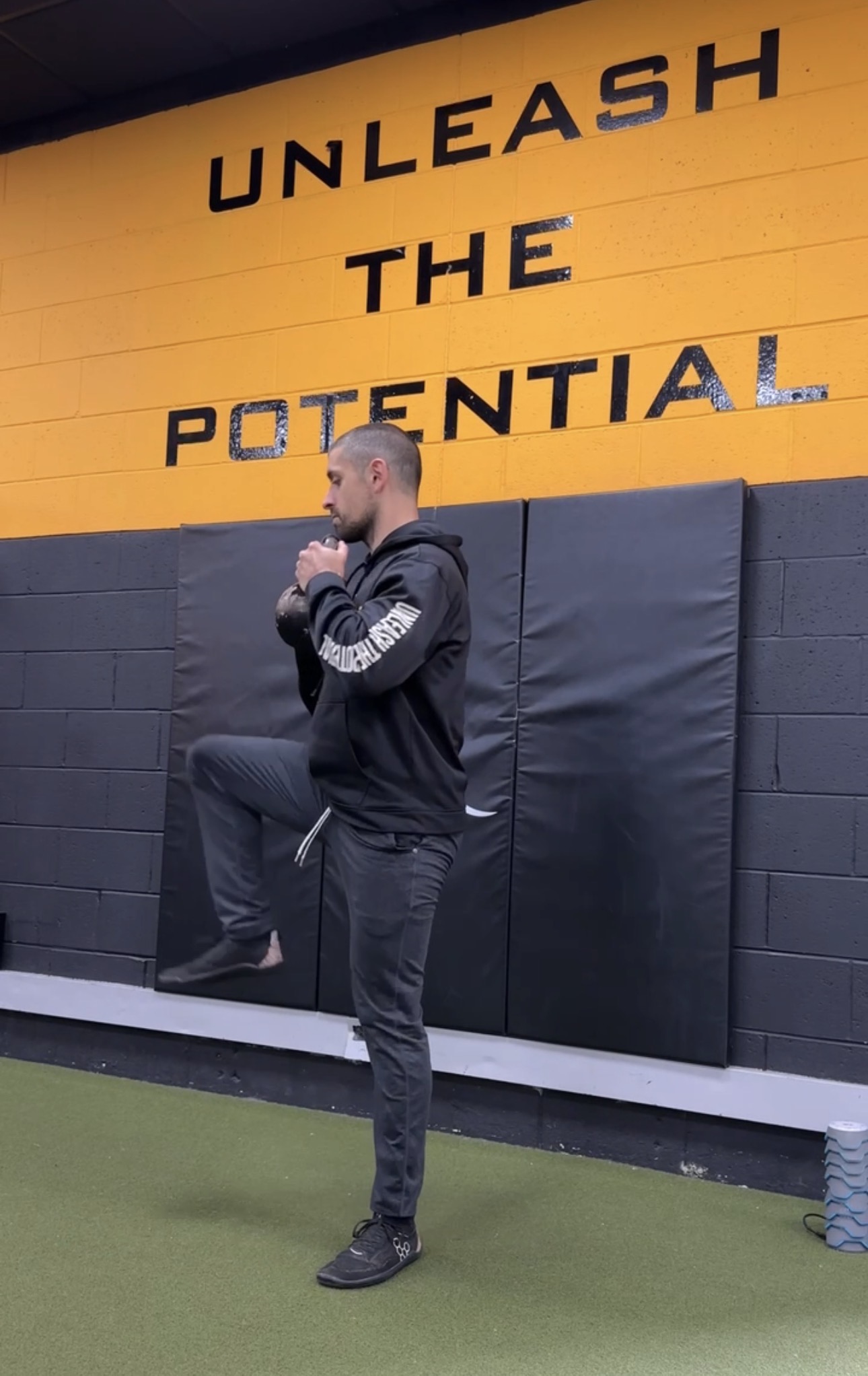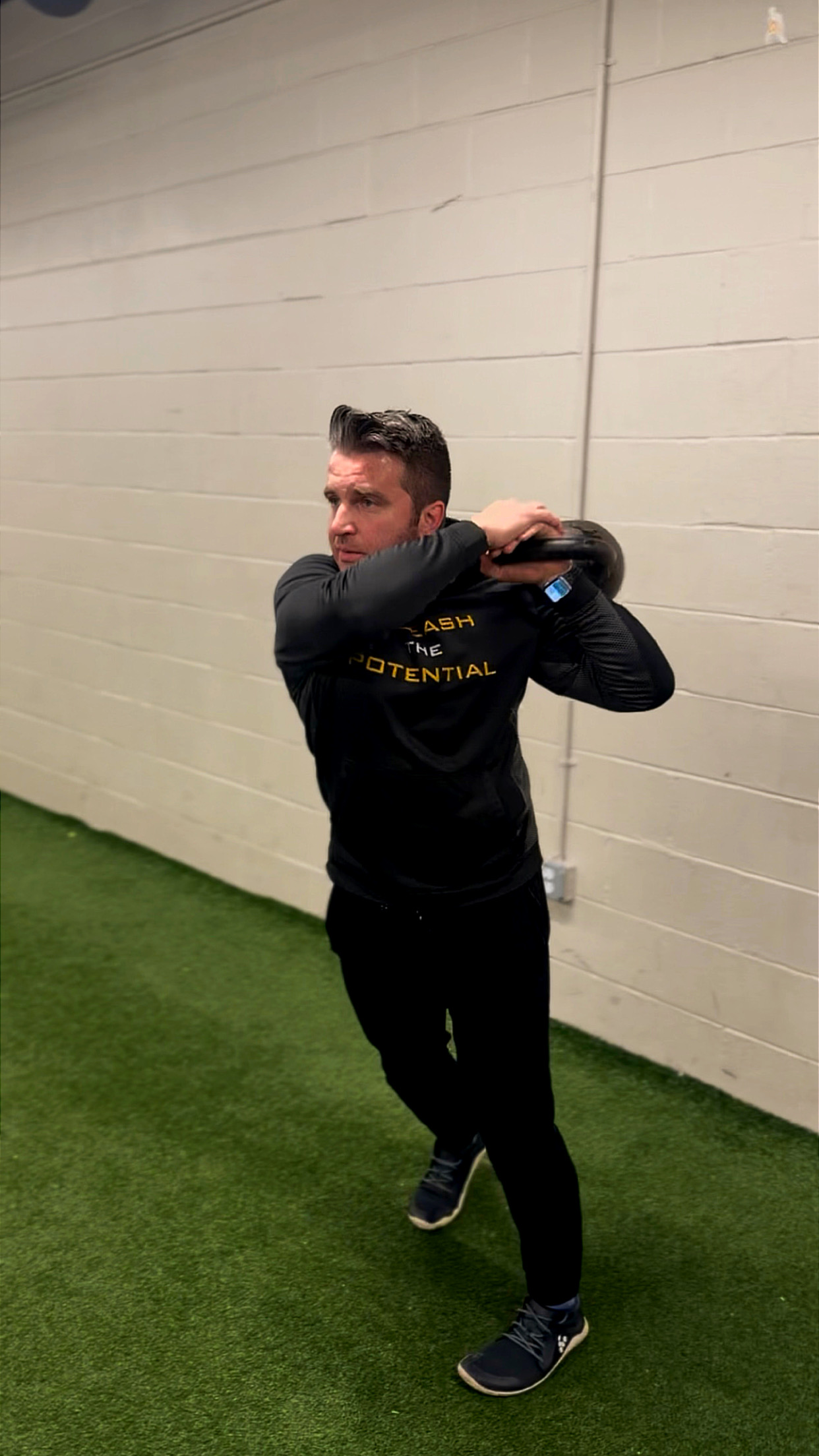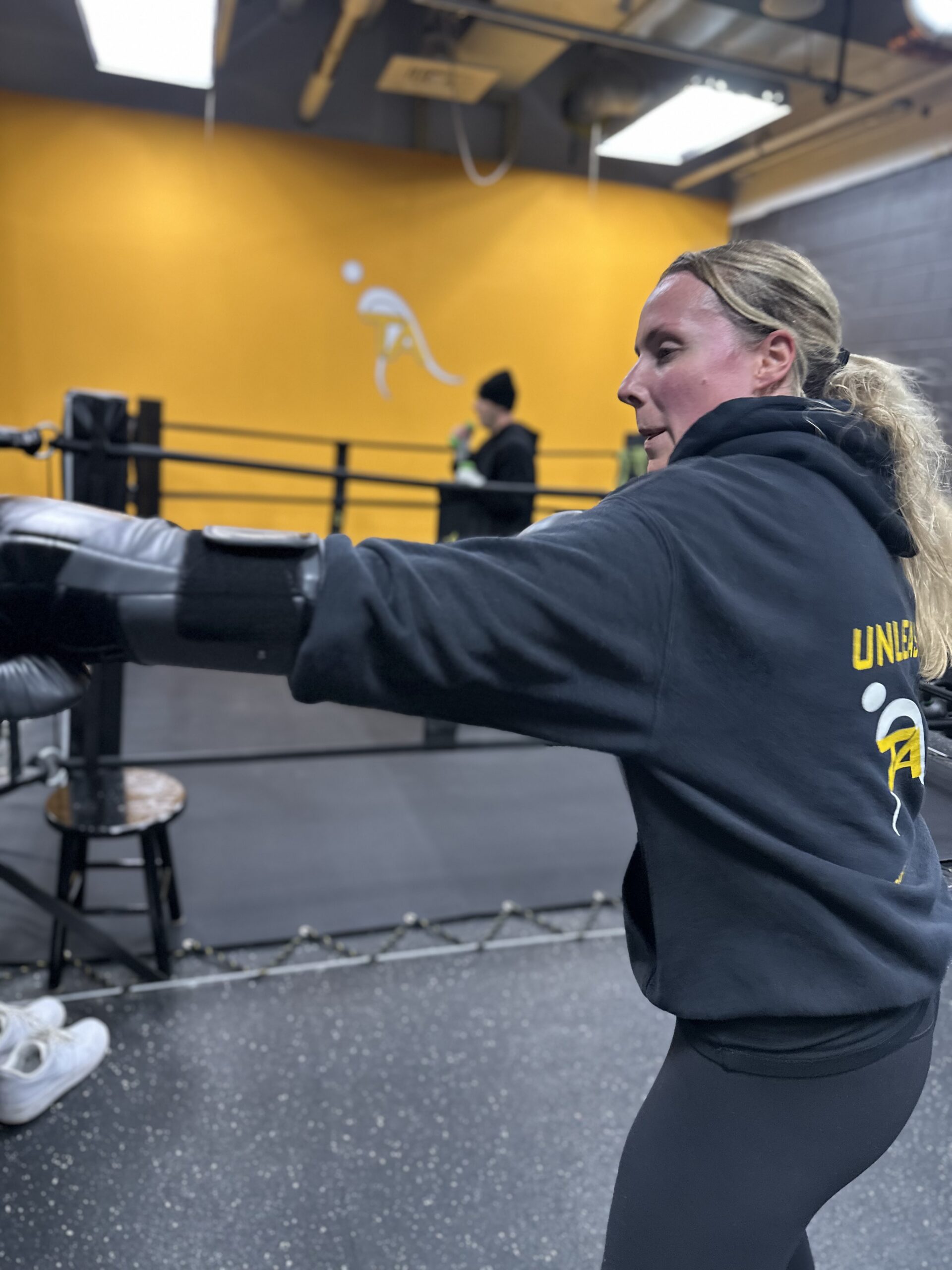Whether it’s getting in shape, advancing our career, saving money, or improving our daily habits, everyone has goals. Big, long-term goals can feel exciting and full of potential, but they can also feel overwhelming when we don’t know where to start. The truth is, no matter how big your end goal may be, the key to achieving it lies in the small, consistent actions and steps you take along the way. Creating short-term goals that are simple and clear is one of the most effective ways to make real progress toward something bigger.
Narrow Your Focus
First, it’s important to narrow your focus. When a long-term goal feels too broad or complex, breaking it down helps you find a starting point. If your long-term goal is to run a marathon, it can be easy to feel discouraged by how far off that goal may seem, but instead, begin with something small and manageable, like committing to running or walking three times a week. This shift in focus takes your attention away from the size of the goal and puts it on the action you can take today. This same strategy can apply to saving money, learning a new language, or even improving your nutrition. Choose just one thing to work on now and go from there.
Make It Measurable
Next, it’s helpful to make your short-term goals measurable and time based. Vague intentions like “eat healthier” or “exercise more” often fall apart because they’re too general. Everyone wants these things but they must be specified to see true progress. A specific, measurable goal like “prepare three home-cooked meals this week” or “walk 30 minutes every other day” gives you something concrete to aim for. Adding a timeline gives your goal structure and creates positive pressure to follow through. These smaller achievements help build momentum and confidence, making your larger goal feel more within reach.
Reflection
Finally, remember that your short-term goals are meant to guide you, not box you in. As you make progress, it’s important to reflect and adjust. Maybe you find a certain strategy doesn’t work with your schedule, or maybe you discover a new opportunity that shifts your focus slightly. That’s perfectly okay. Flexibility is key. As long as your actions are still aligned with your long-term vision, adapting your short-term steps will keep you moving forward in a way that works for you.
#unleashthepotential
Written by:
Dan Aquino
BS, ASFA-CPT
Take action… Now!
Voorhees Flyers Training center.
The Hollydell ice arena, in the main building.



